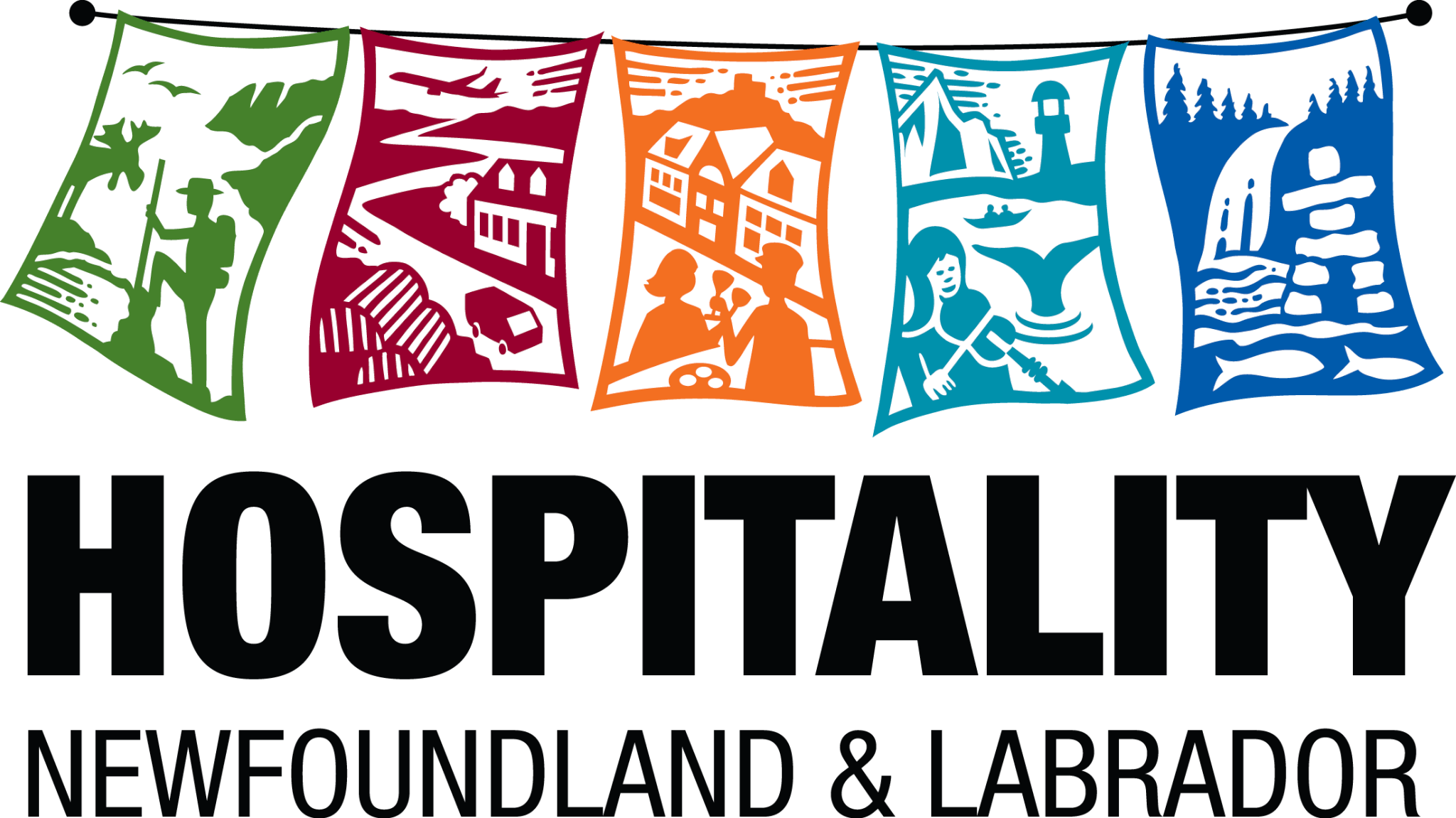Unlicensed Accommodations & the Sharing Economy
Criticism of the sharing economy often relates to regulatory issues, and here in Newfoundland and Labrador, the biggest impact is occurring in the accommodations sector.
Provincial Tourism Advocacy
As Newfoundlanders and Labradorians prepare for elections in 2015, Hospitality Newfoundland and Labrador would like to ensure that candidates are informed about the importance of the tourism industry to our communities, the current value of the tourism industry and the public policy priorities that can be taken to ensure the tourism sector continues to grow and prosper well into the future.
Hydraulic Fracturing (fracking) near Gros Morne National Park
In 2012, Hospitality NL was informed that the oil and gas industry was investigating the possibility of fracking/oil exploration in the Gros Morne region based on the amount of shale rock that has been discovered along western Newfoundland’s coastline. It is proposed that exploratory wells will be constructed near the boundaries of Gros Morne National Park where they will engage in the practice of hydraulic fracturing.
Access and Transportation
Access and transportation challenges continue to be a major strategic priority for the growth of the tourism industry. While Hospitality NL considers all the issues facing the industry under the umbrella of access and transportation important, our specific areas of focus within this policy priority are constantly shifting. As gains are made in certain areas, other issues make their way to the forefront of our advocacy efforts.
Travel to, from, and around the province, whether by sea, air, or road is constrained by issues of affordability, capacity, infrastructure and quality. In order to continue to develop a vibrant and sustainable tourism industry in Newfoundland and Labrador, our provincial transportation system must serve as a conduit of growth offering travellers accessible, affordable, and reliable service that meets their evolving needs. To address identified challenges, Hospitality NL advocates in several key areas:
